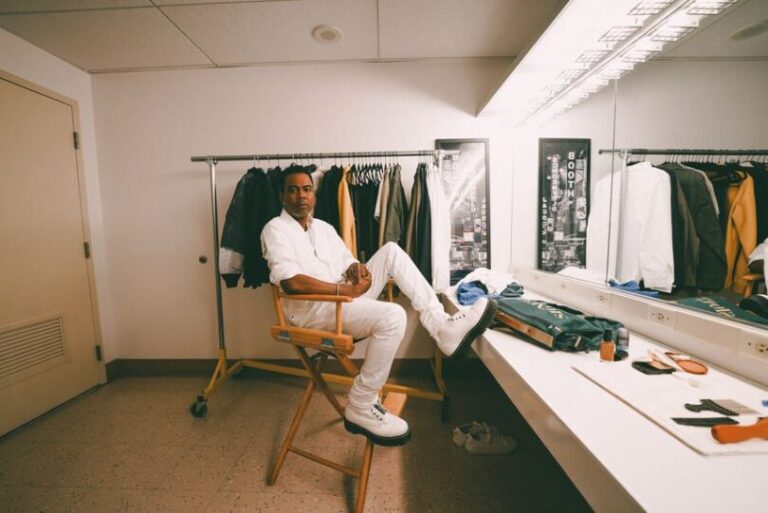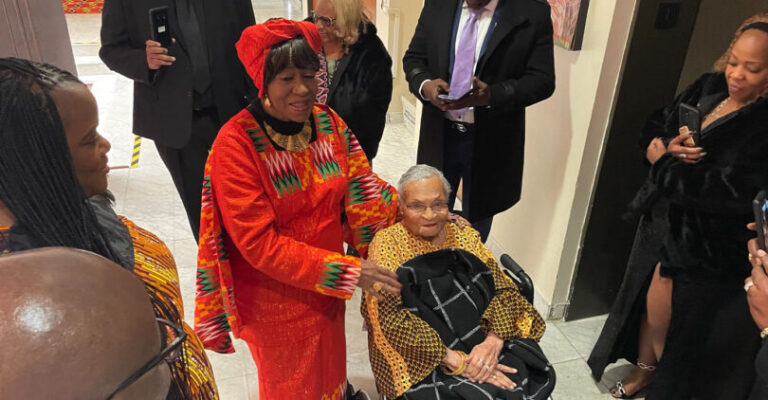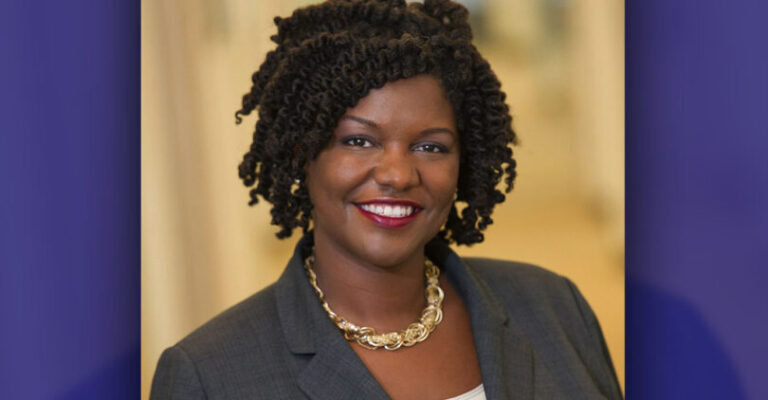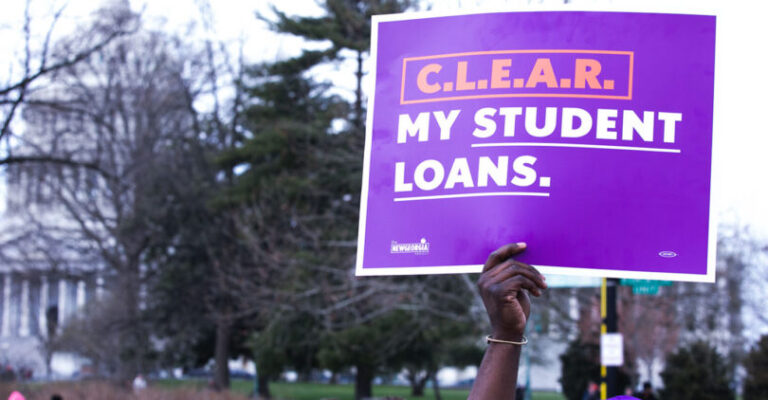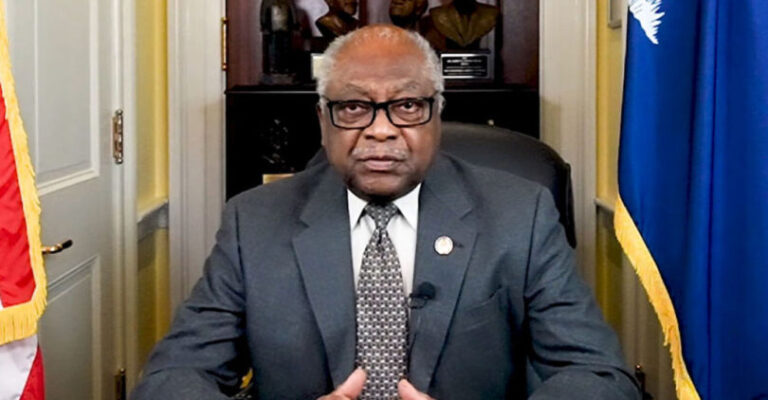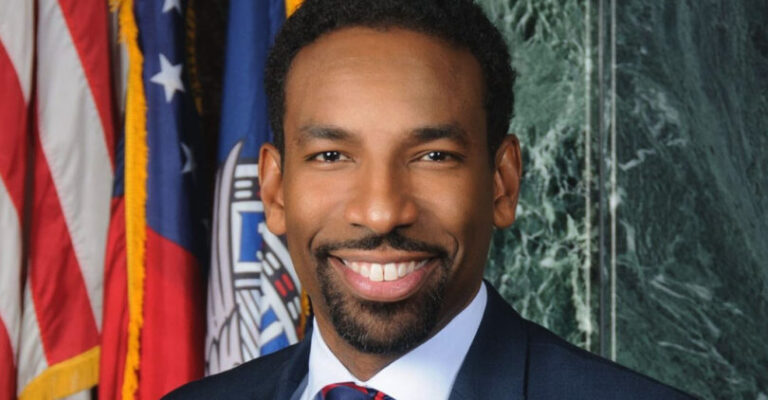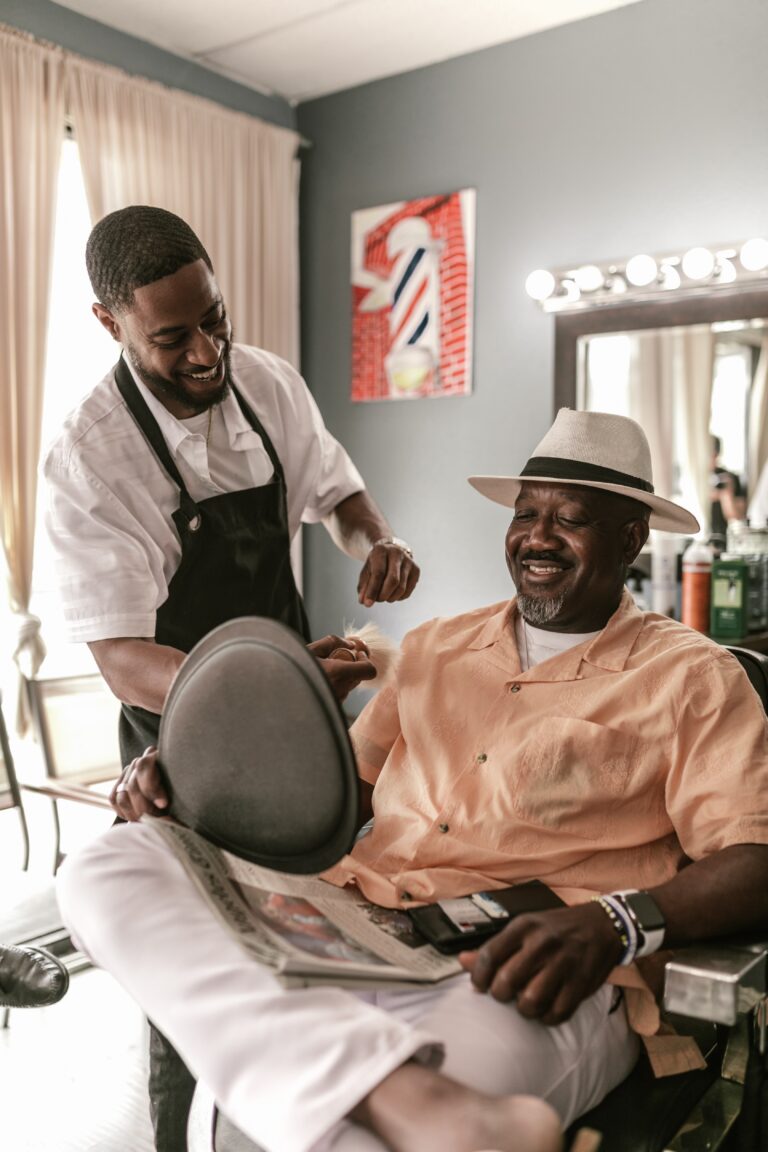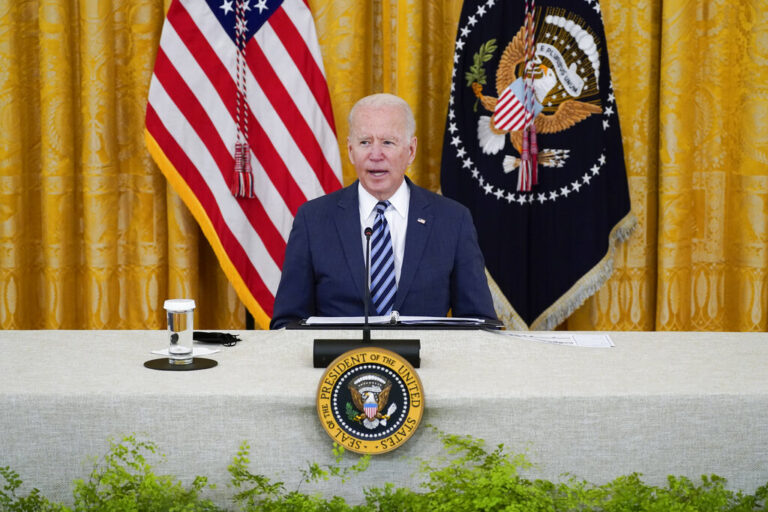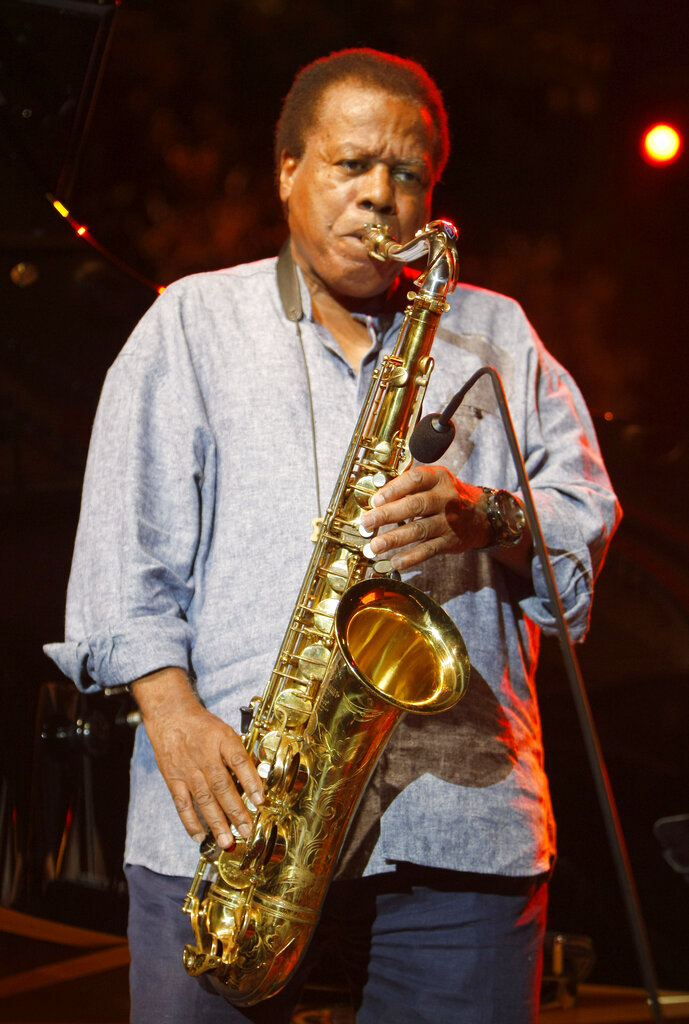By Stacy M. Brown, NNPA Newswire Senior National Correspondent
One year after Will Smith stunned a live audience and millions watching the Oscars on television when he slapped Chris Rock, the comedian on the receiving end of the attack will finally address the incident.
On Saturday, March 4, Netflix will debut, “Chris Rock: Selective Outrage,” a live comedy special from Baltimore’s Hippodrome Theater.
“The thing people wanna know … did it hurt? Hell, yeah it hurt,” Rock reportedly will say during the special which airs at 10 p.m. EST.
“[Smith] played Muhammad Ali! I played Pookie (in ‘New Jack City’). Even in animated movies I’m a zebra, he’s a [bleeping] shark. I got hit so hard, I heard ‘Summertime’ ringing in my ears.”
In another line, Rock talked about how much bigger Smith is than him.
“Will Smith is a big dude. I am not,” Rock said.
“Will Smith is shirtless in his movies. If you see me in a movie getting open heart surgery, I’m gonna have a sweater on.”
The Academy Awards banned Smith for 10 years following the incident, and while Rock has mostly maintained his silence, Smith has publicly apologized.
The Fresh Prince of Bel-Air legend said he “fogged out” during the infamous March 27 Oscars.
“It’s all fuzzy,” Smith said in an Instagram video posted last summer. “I’ve reached out to Chris and the message that came back is that he’s not ready to talk. And when he is, he will reach out.”
While Rock presented the Oscar for best documentary at the 2022 Academy Awards ceremony, Smith took exception to the comedian’s comments about Jada Pinkett Smith’s shaved head.
Pinkett Smith had revealed she has alopecia. After some uncomfortable laughter, Smith emerged from his seat, approached Rock during the live telecast, and slapped the star.
“Keep my wife’s name out of your [bleeping] mouth,” Smith yelled out at Rock.
The only time Rock had addressed the incident was during a standup performance, which he only briefly mentioned the Oscars.
“Anyone who says words hurt has never been punched in the face,” Rock said during a standup a day before Smith’s Instagram video surfaced.
“I’m not a victim. Yeah, that s— hurt,” Rock remarked. “But I shook that s— off and went to work the next day. I don’t go to the hospital for a paper cut.”
In Smith’s new video, he also apologized to Rock’s mother and brother Tony Rock. “That was one of the things about the moment. I just didn’t realize,” Smith recounted.
“I was thinking but how many people got hurt in that moment. I want to apologize to Chris’ mother,” he continued. “I want to apologize to Chris’ family, specifically Tony Rock. We had a great relationship. You know, Tony Rock was my man, and this is probably irreparable.”
Smith also refused to lay any blame on his wife. “I made a choice on my own, from my own experiences from my history with Chris,” Smith stated.
“Jada had nothing to do [with it].”
He also noted how his actions detracted from his best actor win and other nominees and winners.
“It really breaks my heart to have stolen and tarnished your moment,” Smith asserted. “Sorry isn’t really sufficient. But I promise you, I am deeply devoted and committed to putting light and love and joy into the world.”
John Jurgensen of the Wall Street Journal said Rock, by saving his ammunition for Netflix, has set up a rare thing: a stand-up special with a timely hook.
How it lands might determine whether he can reframe the incident that, in an instant, revised the story of his four-decade career.
Preparing for the special may have also served another purpose for Rock himself, Jurgenson said in quoting fellow stand-up George Wallace.
“You ain’t never going to forget that somebody slapped the [mess] out of you. But laughter is healing for the soul, and that’s what he’s getting up there…and in the long run, he’s also getting paid for it,” said Wallace, who has a bit about how the slap turned him against all Smiths (Granny Smiths, locksmiths, blacksmiths, Smith Brothers Cough Drops and whatnot).

